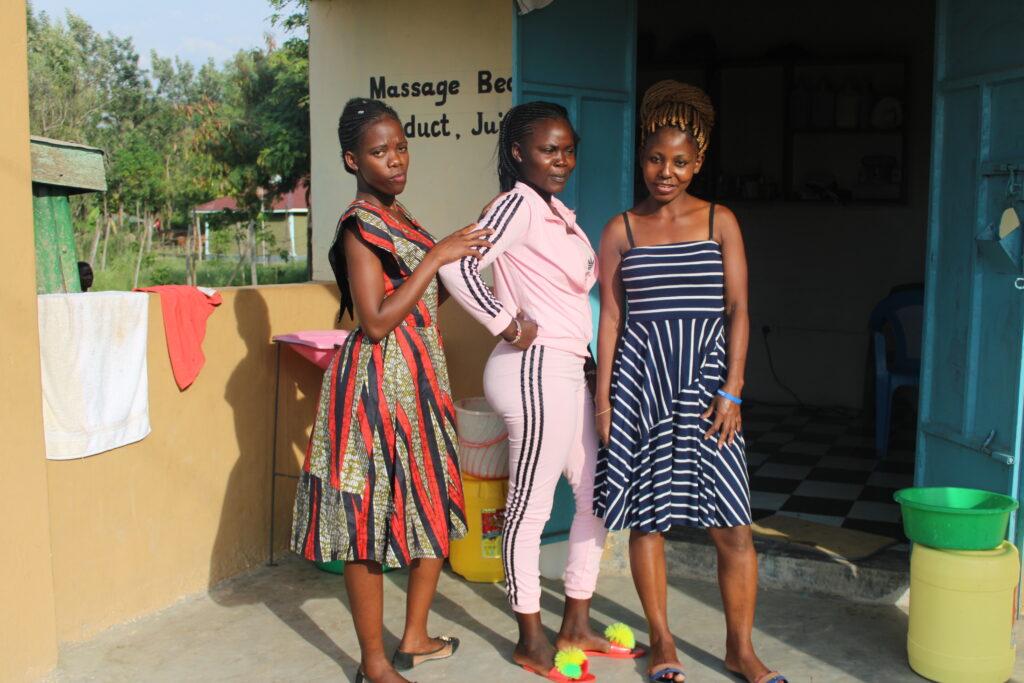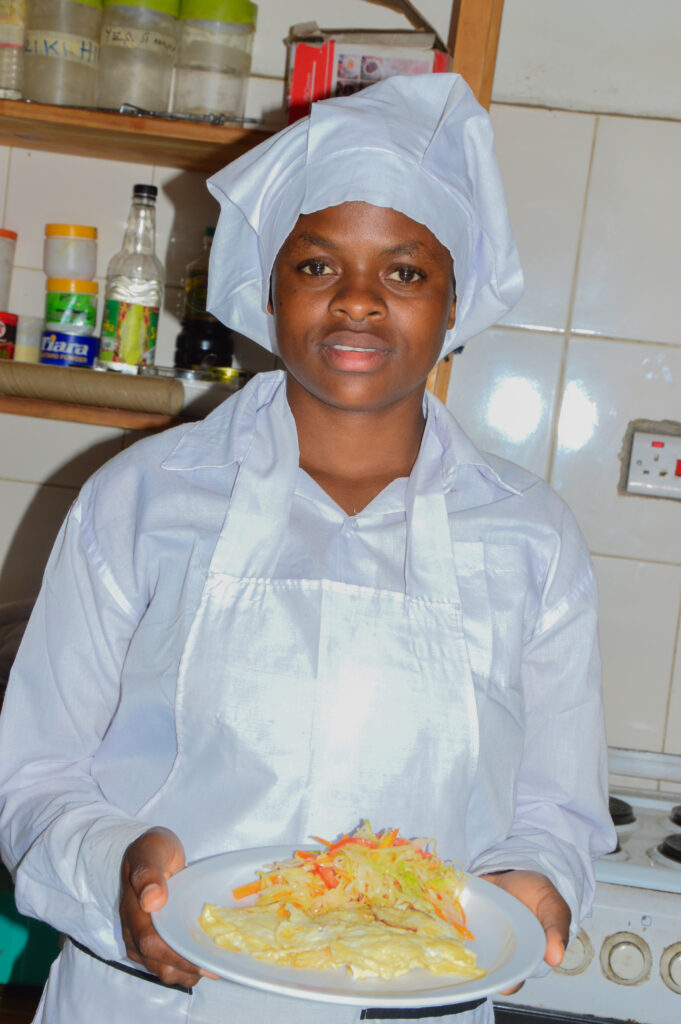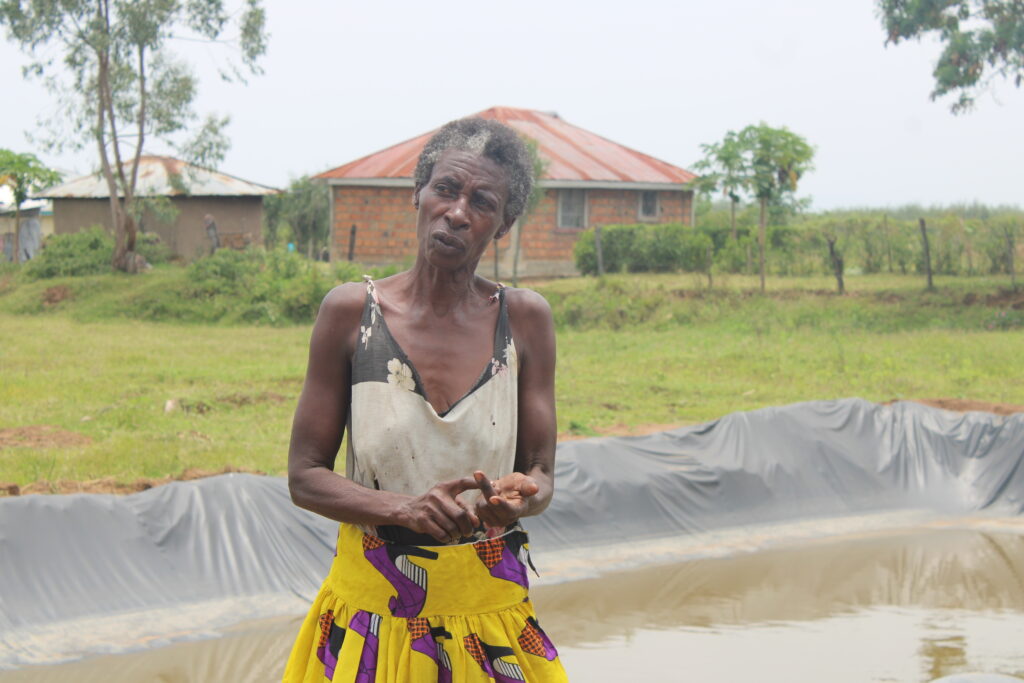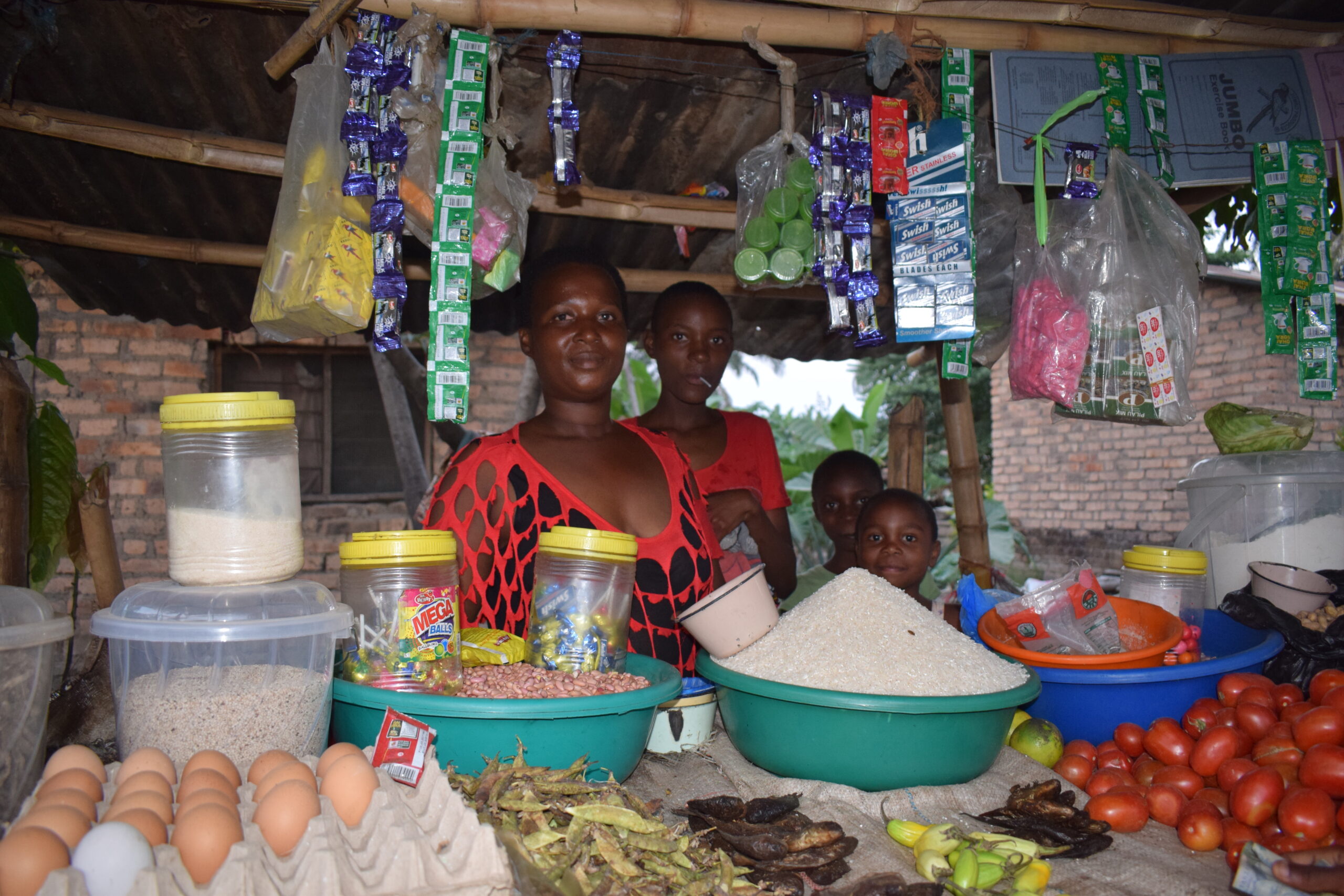The international NGO world is changing. Global emergencies are taking centre stage and the need to address climate crisis issues and poverty challenges closer to home, has also meant that many UK donors are changing their priorities and the way they fund overseas. This change is happening in parallel with the call to examine our historic role in overseas aid and the importance of transferring greater control and responsibility to African-based civil society organisations. African leaders and their communities are also actively calling for international aid de-colonisation and this means handing over power, control and financial responsibility.
TMT has consistently invested in the development of African- led organisations, always maintaining low UK overheads, and by doing so prioritising institutional funding to our partners.
By investing in grassroots innovation, community-led projects, and social enterprises our partners’ capacity, we have created a strong foundation on which they can grow independently.
The construction of two large-scale educational projects; a vocational training college in Tanzania, and a girls’ secondary boarding school in Kenya, underpin our strategy to future- proof TMT’s legacy, ensuring young people living in rural and marginalised areas of East Africa, have access to secondary education and practical skills training, long into the future.
Over the next eighteen months, as part of the Sustainable Communities Project, we will be gradually transferring greater responsibility for strategy, governance, management and income generation. We are passing on the baton, handing over the legacy, and opening up space for autonomy.
Enterprise Development for Sustainability
Empowering Youth Education Through Agriculture (EYETA)
Founded in 2014 by Rabson Mwang’onda, Empowering Youth Education Through Agriculture (EYETA) is a community-based NGO based in south west Tanzania. We supported Rabson through secondary school and his aim is to give other orphans and vulnerable children better chances in life through education. They now have 52 students in both primary and secondary school who receive uniforms, books, shoes and sanitary towels, and have recently started supporting Ilembulla Inclusive Primary School which has a residential facility for disabled children.
We are also providing business support for the separately managed EYETA Microfinance. This generates income by providing loans to clients in the Dar es Salaam and Pwani regions, a proportion of which is allocated annually to run their educational projects. In 2020 this support amounted to TZS10m (£3,200), helping them develop a robust business and organisational model so they can expand the micro-finance business, social investment in orphan education projects, and community savings and loans projects across Tanzania.





Tanzania Deaf Skills Forum (TDSF)
Advocating for reform of policies and practices so that education is more accessible, inclusive and beneficial to deaf children, TDSF was founded in 2018 by Lugano Janken. Losing his hearing to meningitis as a child, his education was supported through our orphan programme and he graduated from Kyela Polytechnic College before completing further training in Nairobi. TDSF aims to facilitate communication, provide sign language teacher training, improve learning environments, increase awareness by deaf people of sexual and reproductive health, and deliver deaf skills entrepreneurship programs. Since its launch they have delivered sign language training to hundreds of young deaf people and many teachers, while over 50 deaf young people have received vocational training and are now earning a living and contributing actively to the development of their communities.
Over the past few years, as part of TMT’s localisation plan, The Deaf Skills Forum team, worked with a Tanzanian consultant to research and develop ideas for a social enterprise. They wanted to find a way of breaking their dependency on UK fundraising, as well as continuing to provide services and support to the deaf community in the area where they live.
The team decided to establish a community cafe in Mbeya, that will be run by and for, deaf young people. The Farijika cafe will open this year, providing a space for deaf people to meet, share ideas and for their sponsored catering students to gain useful work experience.
With capital funding from TMT, mentoring from chocolatiers, Livy Africa, and the energy and enthusiasm of the TDSF team, Farijika Café will open for business this autumn.
Case Study
Elizabeth
19-year-old deaf student Elizabeth has a severe hearing impairment and was unable to complete secondary school. With no way to earn an income, or become independent she was forced to remain at home with her mother, helping with domestic tasks. Last year, with sponsorship from The Mango Tree and sign language support from the Tanzania Deaf Skills Forum, Elizabeth completed a tailoring course at Moravian Vocational Training College in Kyela, rented a sewing machine and now works at a local shop making clothes.
“My younger brother was ashamed of his tatty uniform and didn’t want to go to school, but now he is enjoying going again, in a uniform I made for him and new shoes that I was able to buy him.”

